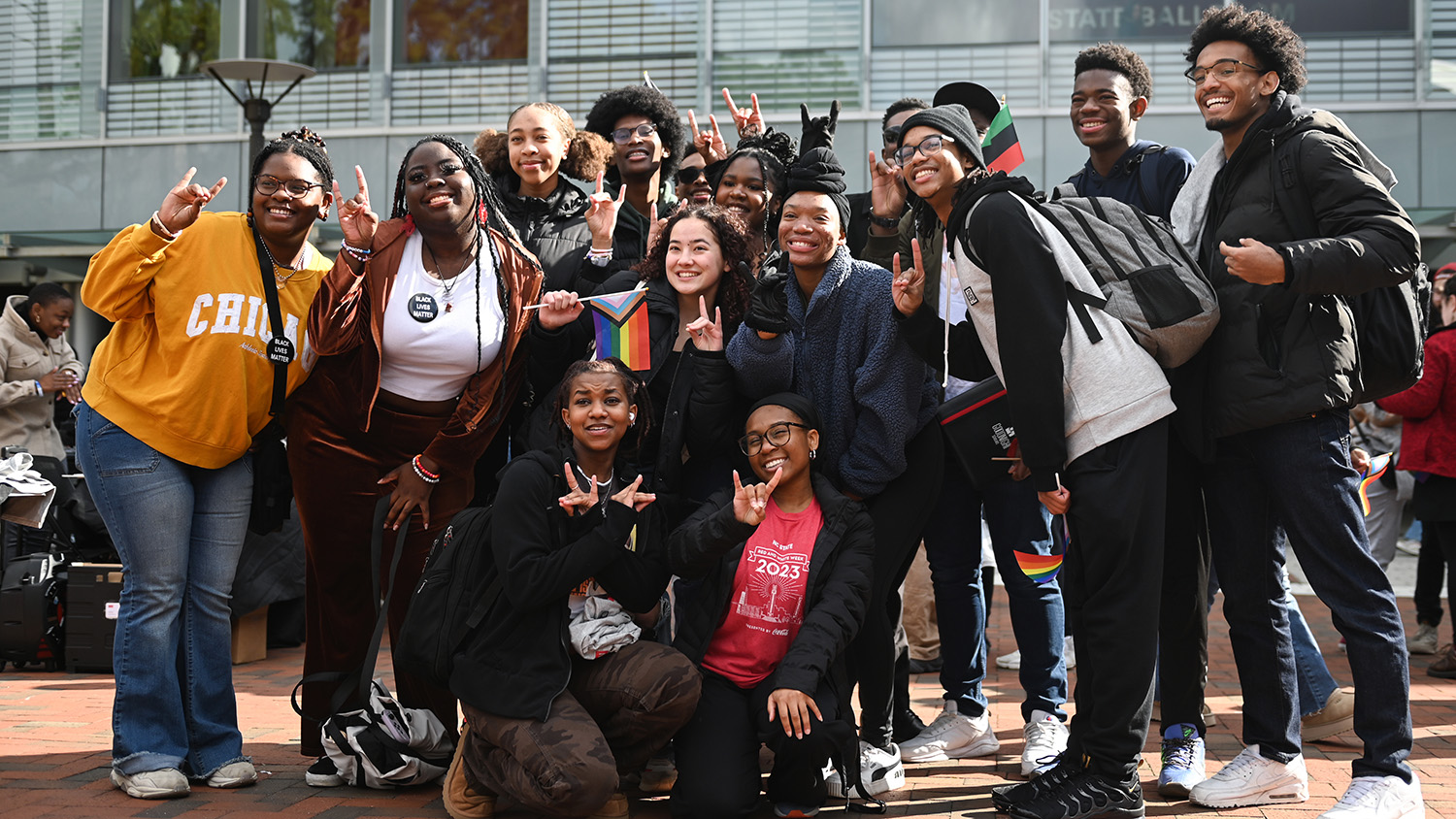Get to Know the Disability Resource Office
The Disability Resource Office assists more than 2,000 NC State students with a wide range of disabilities, the majority of which are not visible.

By Caleb White, DASA Marketing Intern
NC State’s Disability Resource Office (DRO) connects students with disabilities to resources and services to ensure that they are provided an equal opportunity to participate in courses and programs. It also helps faculty and staff make accommodations for students with disabilities.
DRO provides specific accommodations for test-taking, note-taking, housing, dining, assistive technology and more. If you have any kind of short- or long-term disability that could affect any aspect of your college experience, see the Get Started page on the DRO website to submit your information and get assistance.
We spoke with Mark Newmiller, director of DRO, to learn more about the office and its mission and purpose at NC State:
Tell us about the Disability Resource Office and its role at NC State.
The DRO determines eligibility for reasonable accommodations (academic adjustments, auxiliary aids and reasonable modifications) for students on the basis of disability. Accommodations are designed to eliminate disability-related barriers in the environment and curriculum so that they have an equal opportunity for success. Over 2,000 students are connected with the DRO. It is a population with a wide range of disabilities with the majority being those with hidden or invisible disabilities.
What are some of the primary ways DRO supports NC State students, faculty and staff?
The DRO is committed to an accessible educational experience for students with disabilities. By determining reasonable accommodations, students are ensured that they have an equal opportunity to participate in, and benefit from, all programs and services. The DRO coordinates auxiliary aids and services such as sign language interpreters and captioning services for courses, meetings and events. The DRO serves as a resource to faculty in helping them understand their obligation in the provision of accommodations and identifying options and alternatives when an accommodation may not be reasonable. In addition, the DRO serves as a resource for creating an inclusive and welcoming experience for all members of the NC State community.
How has COVID-19 impacted DRO and its work at NC State? What kinds of accommodations have been made for students, faculty and staff during virtual learning?
COVID-19 created an opportunity to rethink how services were delivered. Along with the entire campus community, the DRO had to problem solve on the fly and address access issues as quickly as possible. The DRO worked with many campus partners including DELTA and OIT in promoting and creating an accessible online environment. This included disseminating information on how to create accessible materials, the provision of captions and ASL interpreters for virtual meetings, and working with faculty in identifying options for receiving testing accommodations within a virtual environment. The DRO also assisted in determining any special considerations for students with special circumstances directly related to COVID-19.
What kinds of opportunities are there for students to get involved with DRO? Do you offer student employment or volunteer opportunities?
The Disability Resources Office has an ongoing need for student workers to assist with access for students with disabilities. Opportunities range from providing notes for students in their courses to writing student’s answers on tests. Many needs are for the entire semester, while some are sporadic and on a substitute basis. All assignments are on an “as needed” basis and may not always be regularly scheduled. More information can be found on our Student Employment Opportunities webpage.
Are there any new or under-used resources or services DRO provides that you’d like students (or faculty/staff) to know more about?
The DRO collaborates with students, faculty and staff in creating a welcoming and accessible campus environment. We encourage anyone with questions or concerns about accommodations or equal access to contact us as soon as possible to ensure an equitable experience for all.
To learn more about the Disability Resource Office, visit their website.


